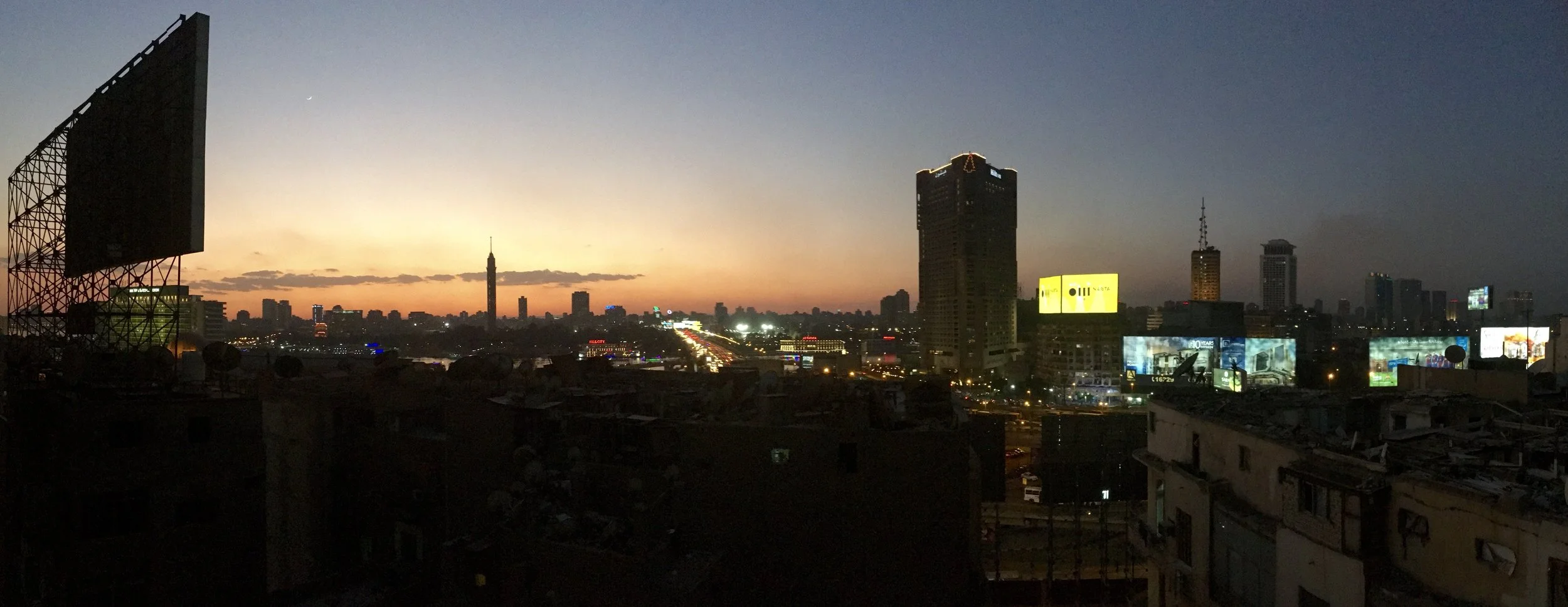I’ve reported on elections and the rise of the far right in France; Tunisia’s Truth and Reconciliation process; Jordan’s never-ending democratic “transition”; and the crackdown on writers in Egypt after the Arab Spring. My other abiding interest is the lives and works of Arab writers. I’ve written on Naguib Mahfouz; Nawal El Saadawi; Mahmoud Darwish; Leila Slimani and Mohamed Choukri.
Criticism
‘Hamlet’ In the West Bank (NYRB)
“Shakespeare’s Hamlet was first performed in Arabic in Gaza in 1911,” Hammad writes in an essay on Palestinian theater, in which she also notes that during the first intifada, Hamlet was on the Israelis’ list of banned books in the West Bank, because lines such as “to take arms against a sea of troubles/And by opposing end them” were viewed as an incitement to violence.
Traces of Iman Mersal (The Point)
This is what Mersal does: she exposes herself in a way that leads you to bare something of yourself in turn; you look up from the page and lock eyes with your life.
The Ghost in the Labyrinth (NYRB)
“I’m going to give you some advice: never attempt to say what a great book is about,” one young man of letters tells another early in Mohamed Mbougar Sarr’s novel The Most Secret Memory of Men.
Reporting
MeToo in Egypt and Morocco (NYRB)
The fact that those who hoped for a reckoning with sexual violence and impunity have now been “terrorized into silence,” as a friend in Cairo described it, probably suits those in power. The military regime and the security services in Egypt, still obsessed by the specter of the Arab Spring, are inherently hostile to online mobilization and to the idea of powerful men being held accountable.
Lost Water (Places Journal)
If you were a visitor to Amman, you likely wouldn’t realize how dire the situation is. Aside from the 24-hour ration, there is no limit on water use. In the city’s affluent, far-flung neighborhoods, residents wash their cars and water their gardens; doormen hose down courtyards and sidewalks. But the truth is that Jordan is one of the most water-poor countries in the world, and its capital, where 40 percent of the population lives, is the epicenter of a water crisis. “Water is a nightmare,” says renowned Jordanian architect Ammar Khammash.
Personal Essays
Innocence Abroad (The Point)
It may be more dangerous, uncomfortable and absurd than ever to be an American abroad. I think that makes it a better kind of adventure. Gaining knowledge of the world—even discomfiting, painful knowledge—is a joy and a liberation, not a chore or a penance. The wealth of the experience, however, doesn’t always need to be made explicit, to be put to use, to be turned into an achievement, a narrative, a lesson in self-discovery. Telling other people about how travel transformed us is a bit like telling them our dreams; what is magically meaningful to us is rarely interesting to others. What’s interesting, in our encounters with the broader world, isn’t usually us—it’s the world.
Sisi and The Press (LRB)
I stumbled into journalism twelve years ago, at the dingy and convivial offices of the Cairo Times, a now defunct independent English language weekly whose Egyptian and foreign interns and journalists have gone on to report across the Middle East.
